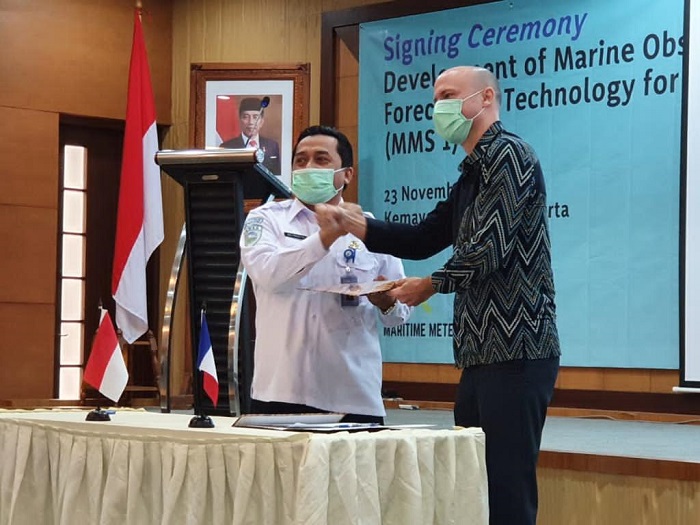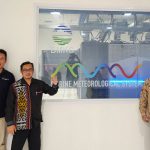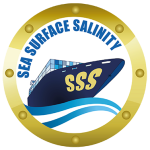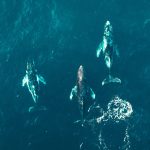← Back
Historic contract: Indonesia selects CLS to deploy its marine meteorology system
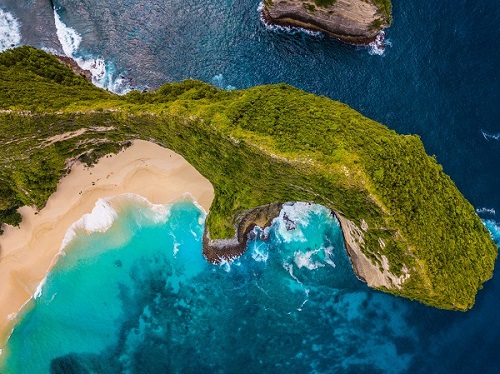
To meet Indonesia’s ambitions to develop and secure the maritime economy of the country gathering 17,000 islands. The BKMG (Indonesian Agency for Meteorology, Climatology and Geophysics) called on CLS to deploy an unprecedented marine meteorological system on the Indonesian maritime territory.
With 200 instruments deployed (tide gauges, meteorological stations, oceanographic floats, drifting buoys, etc.), an operational center equipped with powerful computing resources (HPC) as well as a disaster recovery center, software suites for forecasting and disseminating information, combined with a training program, Indonesia has a unique marine meteorological system. This is the largest contract ever signed by CLS.

Joko Widodo, President of the Indonesian Republic
Reinforcing the maritime culture and economy
With more than 17,000 islands and territorial waters representing nearly 70% of its territory, Indonesia is a maritime country with the largest exclusive economic zone and the largest number of islands. The country is endowed with significant natural marine resources (fishing, natural gas, oil, renewable energy, etc.). Nevertheless, the maritime sector exploits less than 10% of this potential.
In this context, Joko Widodo, the Indonesian President, has launched an ambitious program called “Global Maritime Axis” aiming to develop the maritime economy but also to create more inter-island connectivity (freeways of the sea, deep water ports, maritime routes) and promote the tourism sector.
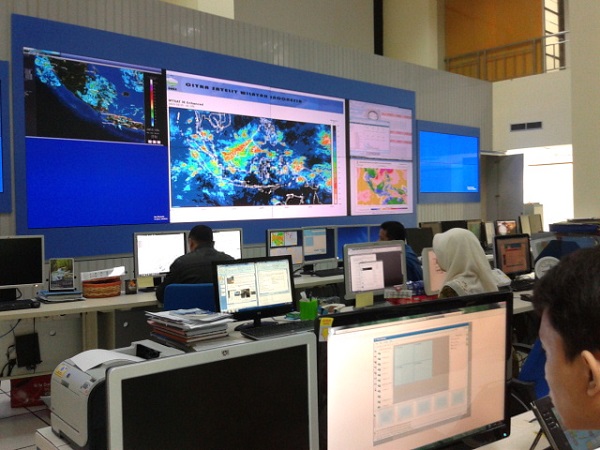
Indonesian Agency for Meteorology
Weather forecasts, an essential tool to develop, secure and make more efficient the activities at sea
In this context, weather forecasting represents a key tool and strategic information to develop, secure and make more efficient the activities at sea. It is therefore essential that Indonesia has effective marine meteorological services. Special efforts to carefully monitor current environmental conditions and forecast future developments are therefore needed.
To meet these needs, the Indonesian Agency for Meteorology, Climatology and Geophysics (BMKG) aims to provide Indonesia with the most advanced marine meteorological system, ensuring that the use of Indonesia’s seas is safe and optimized for every citizen of the sea and for every maritime enterprise (fishermen, port authorities, shipping, etc.). With the MMS1 program for Maritime Meteorological System, Part I, Indonesia will be protected from bad weather and will be able to plan operations at sea accurately and efficiently. Indonesia will thus strengthen its position as an international player in terms of meteorology and climate.
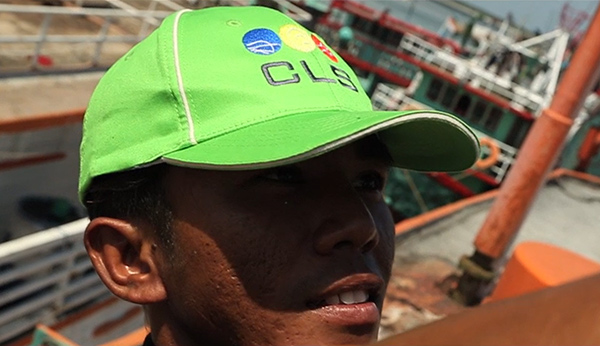 CLS chosen to support Indonesia
CLS chosen to support Indonesia
To carry out this program, the BMKG called on CLS. CLS brought together a consortium of renowned companies and experts in the field of meteorological observation and forecasting and maritime surveillance. Several dozen internationally renowned specialists in marine instrumentation and meteorology have designed an innovative system of national scope. This contract is a landmark one for CLS, the largest ever signed by the company.
A project at a large scale
This program meets a high level of excellence in order to comply with the BMKG requirements and to provide the best service to Indonesian citizens. With 200 instruments deployed (tide gauges, meteorological stations, oceanographic floats, drifting buoys, etc.), an operational center with powerful computing facilities (HPC) as well as a disaster recovery center, software suites for forecasting and dissemination of information, associated with a training program, Indonesia is equipped with an unprecedented marine meteorological system.
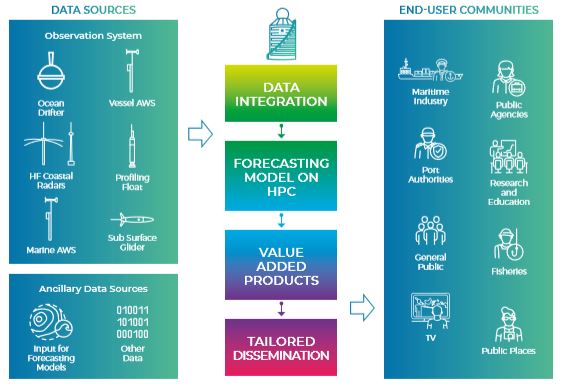
Thus, soon, ocean, waves and atmosphere will be predictable in an unprecedented space-time resolution up to 3km and 1h. The Indonesian management of BMKG will thus be able to provide a unique marine meteorological service. This program, both in its forecasting and observing capability at sea and along the coast, will be part of Indonesian meteorological history.
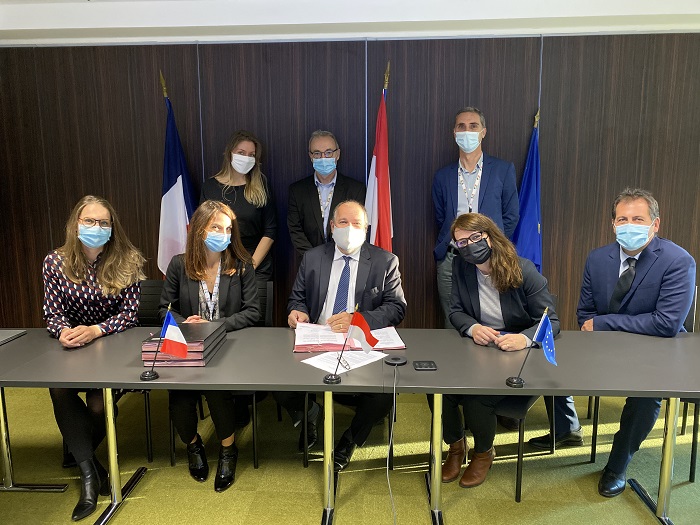
MMS1 contract signing between the BMKG and CLS in visioconference
